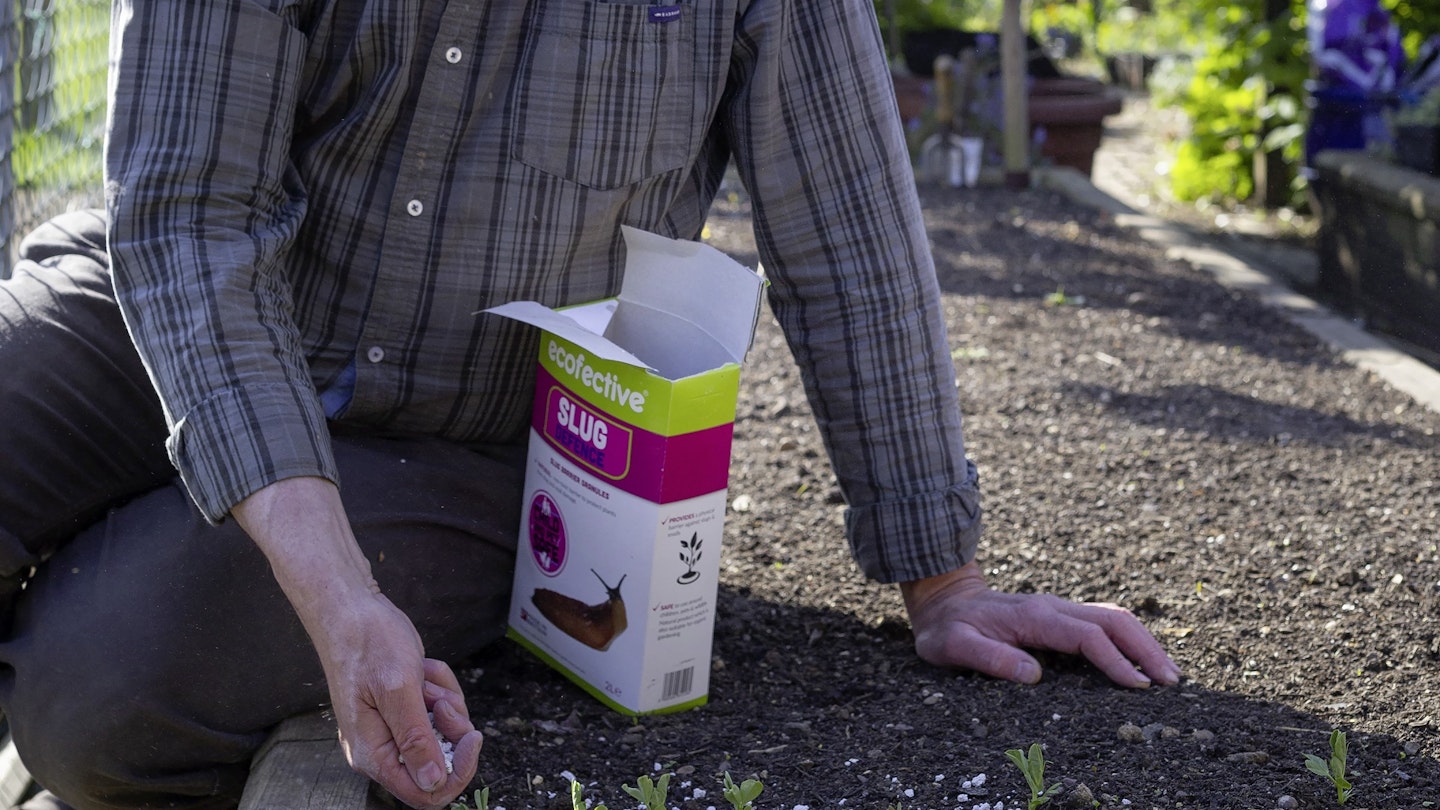It can be hard to like slugs in the gardens, even though they’re a vital cog in our ecosystems as well-known detritivores, and they can be a valuable part of the composting process in your heap.
They often munch through, it seems, all your favourite plants – it’s as if they know you’ve put a lot of hard work onto sowing rows of lovely veg and planting out spring and summer displays.
For environmentally-friendly and organic growers, it can be really tricky to curb the problem in spring and right through summer – if not tackled it can be very problematic. The best overall solution, of course, is to encourage as wildlife-friendly a garden as possible and many of your garden visitors will take care of slug overpopulations. However, this isn’t always completely practical in the day-by-day maintenance of your garden.
You can use cloches to cover your plants on the veg patch, or try a beer trap, some grit or egg shells to deter them; a bit of trial and error is recommended as some might not work – you may find a method that works better than others. Prince Charles, a long-time organic gardener, uses a novel way to collect slugs – in his kitchen garden they place slates and tiles around the beds. Slugs congregate under these moist areas, only for the gardeners to collect them all up in the morning! Here are some more methods to try out…
GN recommends
Wool pellets
Vitax Slug Gone pellets are made of sheep’s wool and irritate slugs’ feet. Be generous with the pellets for best effect.
Organic slug pellets
Ferric phosphate pellets are more eco-friendly as they don’t harm pets, birds or other animals. Use sparingly.
Pick off by hand
Nightly slug patrols with a bucket works wonders. Dispose of in a field or put in the freezer before disposing.
Nematodes
Nemaslug is a non-harmful biological control to water onto plants – available from www.nematodesdirect.co.uk.
